SEARCH
Enter your search term below:
Close
Enter your search term below:

WORLD LEADING BUSINESS SUPPORT
Simon Bond, Innovation Director, SETsquared
Dr Hayaatun Sillem, CEO, Royal Academy of Engineering
MC Kevin Brooks
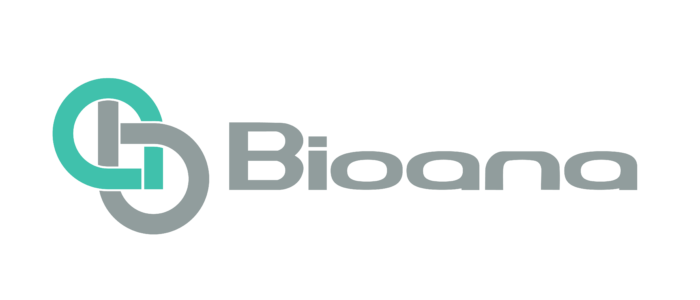

Urine samples can diagnose a wide range of chronic and infectious disease but obtaining such samples from patients with disabilities can be difficult for them and caregivers. Current solutions range from invasive (catheters or pubic punctures), which are responsible for 40% of urinary tract infections, to ineffective (urine bags), which are 300% more costly and time-intensive. RECOPAD, is a much simpler, quicker way of diagnosing disease. It is integrated with incontinence garments, and extracts the urine into a syringe, protected by a unidirectional membrane that ensures the patient’s safety and hygiene.
RECOPAD has been demonstrated to be an effective, comfortable and non-invasive tool for diagnosing dependent patients. By eliminating the need for constant monitoring, it saves time for caregivers and medical professionals alike.

The CR2-Haptic is a compact, portable forearm rehabilitation assistant, helping patients train their hand and forearm through a virtual reality game. It can also assist the patient’s movement whenever needed. Currently the product is available to only a few patients, but the results have been very encouraging. Over a period of just six weeks, patients report feeling more motivated to train regularly and demonstrate a 70% increase in their range of active movement.
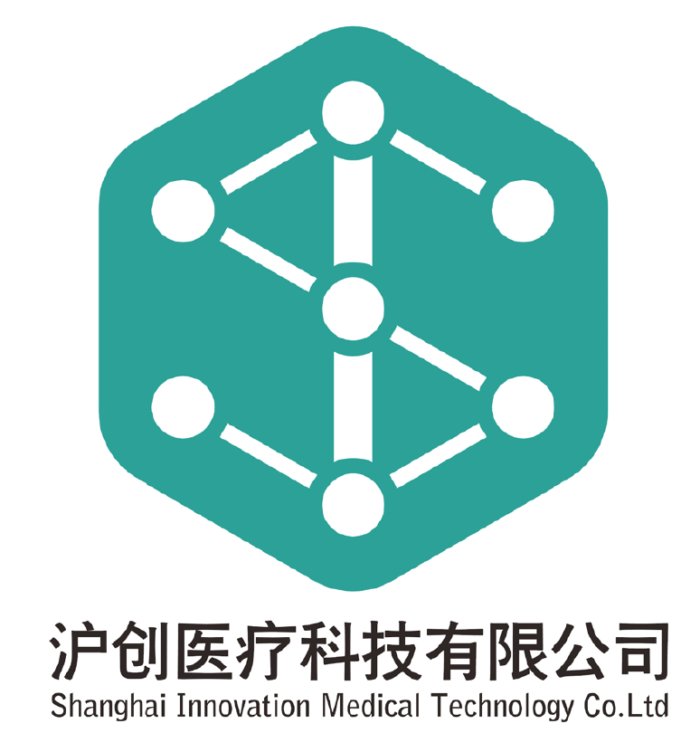
Traditional bone implants tend to be made of titanium and require a supplemental surgery to remove them after the bone has healed. In addition to putting the patient through more pain, stress and risk, this second intervention also places an unnecessary burden on the global healthcare system. These biodegradable magnesium-based implants that gradually dissolve as the bone recovers. By avoiding the second surgery, they not only reduce the cost of bone fractures to the healthcare system by 40%, but also improve the speed and quality of the patient’s recovery. Moreover, trials have shown that magnesium alloys are stronger than other biodegradable polymers, present no side effects, and the release of magnesium around the fracture can aid healing, accelerating the rate of repair by 20%.

LAPARA is an affordable robotic surgical device designed and manufactured in the Philippines. It features manoeuvrable robotic arms and visual and haptic feedback for highly precise and specialised operations.
In the Philippines, only three hospitals have the equipment for robotic surgery – two of which are privately owned. There is a need for alternatives that are affordable for local hospitals and the patients they serve. This project will build local manufacturing capacity with LAPARA, but also support local staff with the required training to use and maintain the device, minimising the associated costs of having such an instrument and enabling access to minimally invasive surgery for more patients in need.
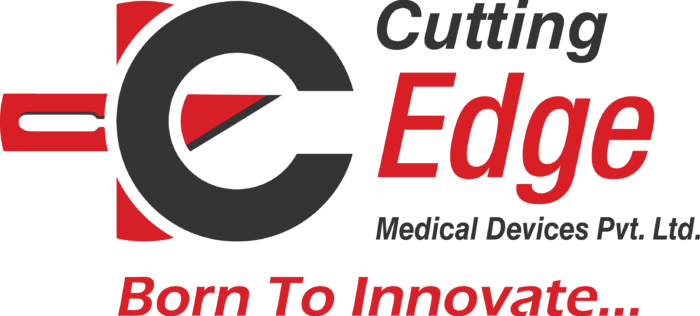
Cutting Edge Medical Devices has developed a quick and affordable way to detect developing complications while they are still treatable and prevent further deterioration. A prominent sign of a worsening condition in hypertensive patients is the presence of proteins, especially microalbuminuria, in urine. Already fully approved and on sale, SCINTIGLO is a portable optoelectronic device that measures the number of proteins in urine based on just a 3ml sample, notifying patients when it is time to seek help.
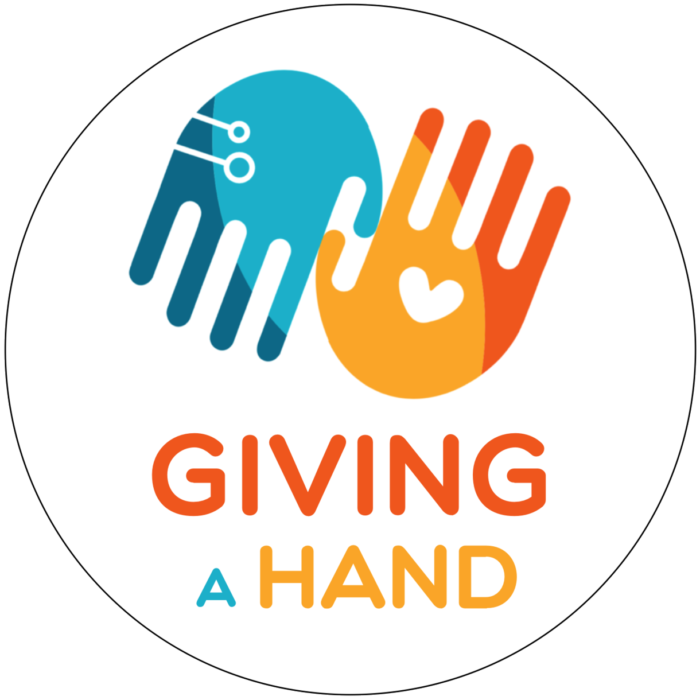
Giving a Hand is a personalised hand prostheses company that aims to make solutions more affordable to those who need it. By taking advantage of digital manufacturing techniques, its custom prostheses are manufactured 75% faster than current processes and sold at a third of the price of commercially available prostheses. Accessible solutions are incredibly important for those who earn less than the minimum living wage and do not have the insurance or funds to cover the high cost of basic prostheses. Physical injuries can also be detrimental to patients’ socio-economic wellbeing as they cannot return to work. The restored mobility offered from its mechanical and myoelectric models helps patients to reintegrate into the workforce and regain their ability to support their families.
13:50 Break
14:00 Presentations
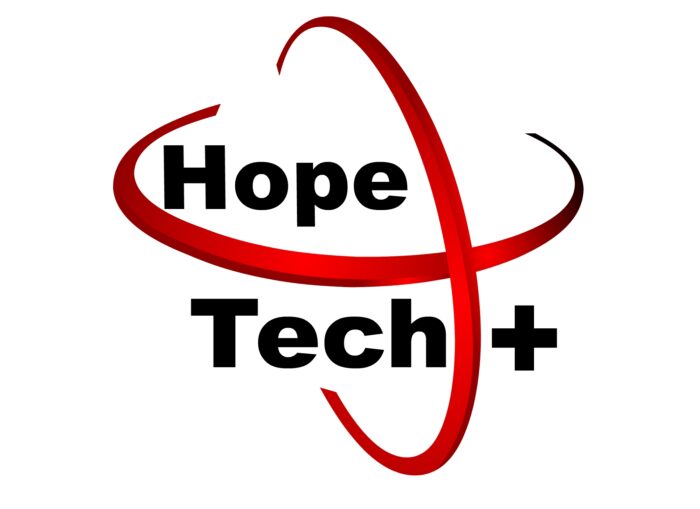
Hope Tech Plus makes smart canes and wearable devices. Wearable mobility aids are mounted on the users’ chests and use a digital signal to detect obstacles. Vibrations allow the user to build a mental map of their surroundings and help them to physically interact with their environment. By empowering the visually impaired in this way, they can be more independent, integrate into society and lead the lives they want to lead.
www.hopetechplus.com @hopetechplus
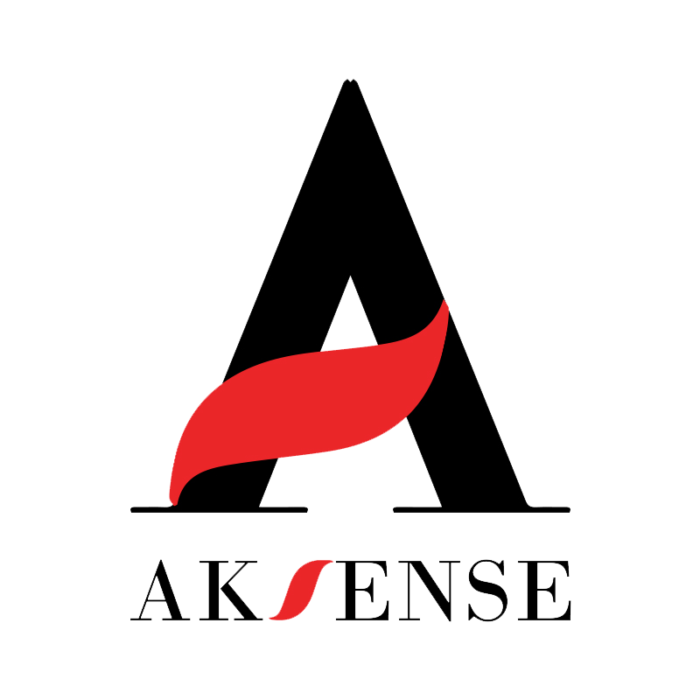
Aksense provides a portable biosensor to help physicians to get an infection result in minutes near the patients with an easy blood assay, for infection control, and to stop infection progression. Aksense sensors work with blood samples to diagnose infections caused by seven different pathogenic bacteria. The portable device works with specific proteomic sensors and measures the host immune response electrochemically to the pathogens. Aksense biosensor can be used by any medical staff to get an infection result at the point of care in minutes allowing early and accurate diagnosis without samples being sent to the lab. Saving time, money, and lives. The method has already been tested in over 400 patients in the intensive care units.
www.aksense.com @AksenseMedical
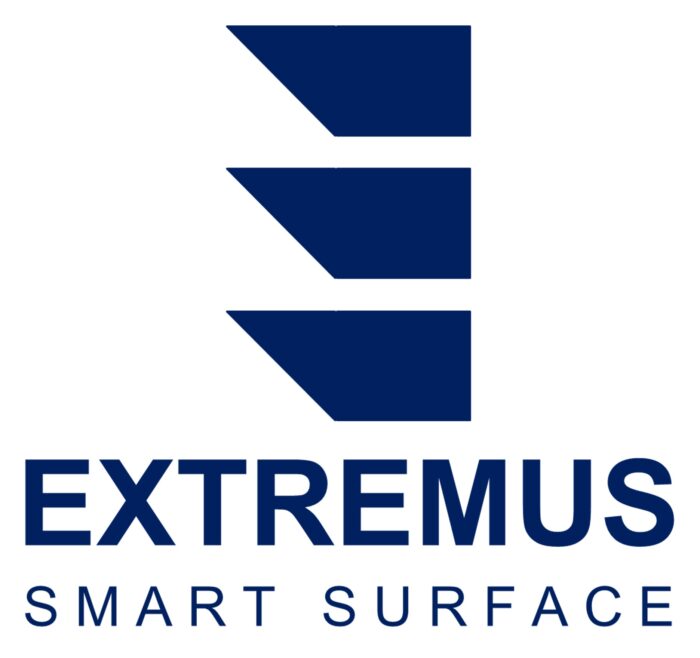
Using implants to replace or support human body parts helps restore vital functions in patients, including walking and eating. Over time, implant’s surfaces have improved so that it can integrate as effectively as possible. Extremus’ Smart Surfaces take this approach even further, modifying the exterior’s chemical and physical properties to attract bio-ions and optimise the surrounding cells’ gene expression, stimulating the implant’s assimilation, lowering the rate of failure and speeding up recovery.
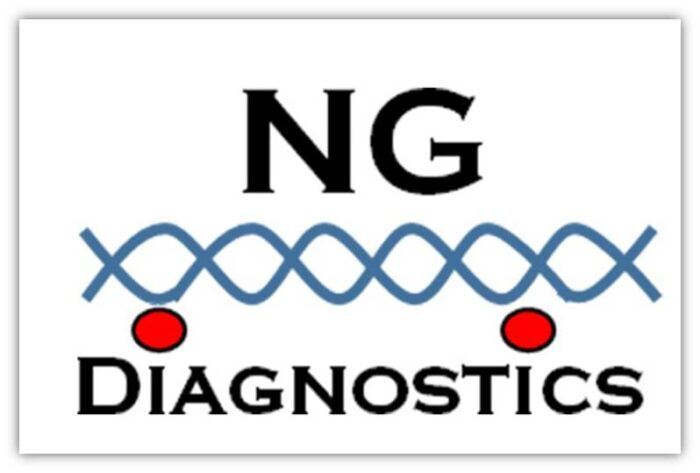
With no HepC vaccine currently available, the best way to slow the rate of infection in a patient is through early diagnosis, which will in turn help people access treatments like the new anti-HCV drugs much sooner. This nanoparticle assay easily and affordably detects the HepC nucleic acid. The proof of concept has been published in high-ranking, peer-reviewed journals and is currently undergoing clinical trials.
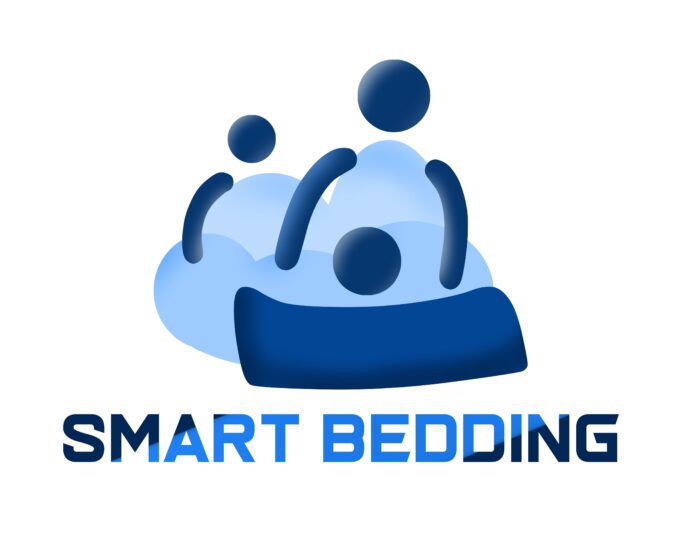
Bedbound patients often suffer from pressure ulcers, which can be difficult to treat and increase their chance of sepsis, one of the leading causes of death in hospitals. The best cure for these ulcers is prevention, which is why their prevalence varies greatly from country to country and even hospital to hospital. Smart Bedding is a cost-effective and consistent technological solution to this problem. The bedding has two pressure sensors in every 4cm2, providing a map that displays where the dangers are and allowing caregivers to reposition the patient before ulcers develop. Its undergone a clinical trial with 40 patients and has been shown to help prevent pressure ulcers and sepsis in patients.

Meticuly is a bespoke implant service for orthopaedic, neuro and reconstructive surgery. By using predictive design, biomechanic simulation and 3D printing techniques, they offer affordable custom implants, comparable to the price of standard-sized devices. Personalised options are incredibly important for quality care, as standard sizes may require medical intervention to mould the body to the implant, and side effects post-surgery include hindered range of motion. Meticuly liaises with surgeons to provide tailored implants for each patient, from design and production to sterilization and delivery within seven days. With its affordable and tailored solutions, patients have shown restored range of motion, better appearance, reduced infection rates and faster recovery times.
14.35 Break and Voting Session
14.45 Keynote speech from Sheana Yu, Aergo
14.55 Closing remarks and announcement of the winner
15.00 End of Event
Close